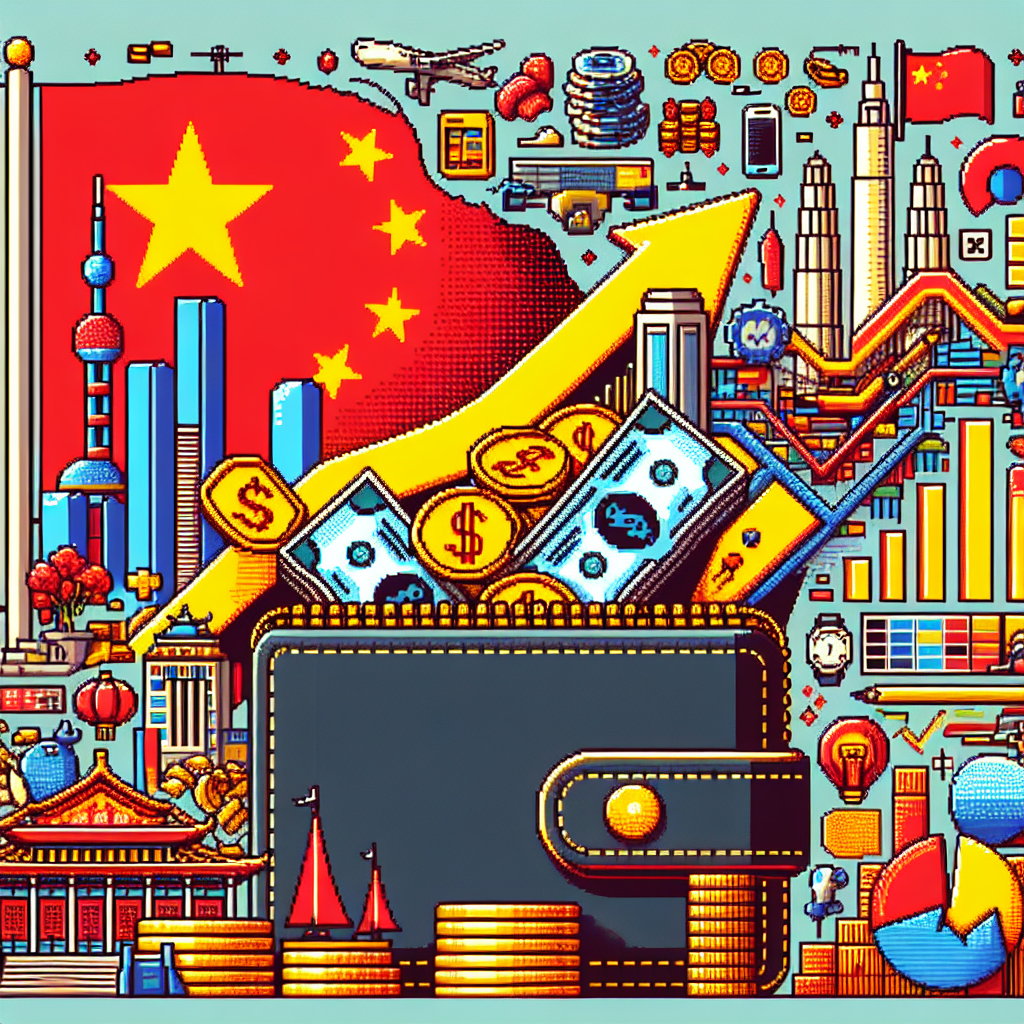China to review BlackRock’s deal to buy Panama Canal ports - Financial Times | Analysis by Brian Moineau
Title: The Ripple Effect of BlackRock’s Panama Canal Ports Deal: Navigating the Waters of Geopolitics
In a world where geopolitics and business are increasingly intertwined, BlackRock's recent move to acquire Panama Canal ports has sparked waves of both intrigue and uncertainty. The latest development in this saga comes from Beijing, as China officially announces its intention to review the deal. This is not just a mere business transaction; it’s a geopolitical chess move that could have implications far beyond the sandy shores of Panama.
The Panama Canal: A Strategic Waterway
To understand the gravity of this deal, one must appreciate the significance of the Panama Canal. It’s not just a conduit for ships; it's a key artery in global trade. Since its completion in 1914, the canal has been a crucial shortcut connecting the Atlantic and Pacific Oceans, reducing travel time for maritime cargo and thus serving as a linchpin in the global economy.
BlackRock, the world’s largest asset manager, is not new to making waves in the financial world. However, this deal ventures into the realm of geopolitics, where the stakes are higher and the players more formidable. China’s review of the transaction is a reminder that when it comes to global assets of strategic importance, sovereign interests often take precedence over corporate ambitions.
China’s Strategic Interests
China’s interest in the Panama Canal is not surprising. The canal is a critical point in China's Belt and Road Initiative, which aims to enhance global trade routes and foster economic cooperation. The review of BlackRock’s deal can be seen as a protective measure to safeguard China's existing and future investments in the region.
Moreover, China’s involvement in Latin America has been steadily growing. According to a report by the Inter-American Dialogue, Chinese investments in Latin America have surged over the past two decades, covering sectors from infrastructure to energy. This makes the BlackRock deal a focal point in the broader narrative of China’s expanding influence in the Western Hemisphere.
A Global Perspective
In the grand scheme of things, the review of BlackRock's deal is but one piece of a larger puzzle. Elsewhere in the world, similar geopolitical frictions are unfolding. Take, for instance, the recent tensions surrounding the Nord Stream 2 pipeline in Europe. Much like the Panama Canal, this pipeline is a critical infrastructure project with significant geopolitical implications, particularly concerning Europe’s energy dependency on Russia.
Similarly, the global semiconductor shortage has highlighted the importance of strategic assets and the geopolitical maneuvering required to secure them. Taiwan, home to major semiconductor manufacturers, has become a focal point of U.S.-China tensions, showcasing how strategic assets can influence global diplomacy.
Final Thoughts
As the world watches China’s review of BlackRock’s Panama Canal ports deal, it’s clear that this is more than just a business transaction. It’s a testament to the intricate dance of geopolitics and commerce, where each move is carefully calculated and carries significant global implications.
Ultimately, while BlackRock seeks to expand its portfolio, the geopolitical undertones of this deal cannot be understated. As nations vie for strategic dominance, businesses operating on the global stage must navigate these turbulent waters with both caution and foresight. The Panama Canal might just be a strip of water, but in the realm of geopolitics, it is an ocean of opportunity and complexity.
Read more about AI in Business


